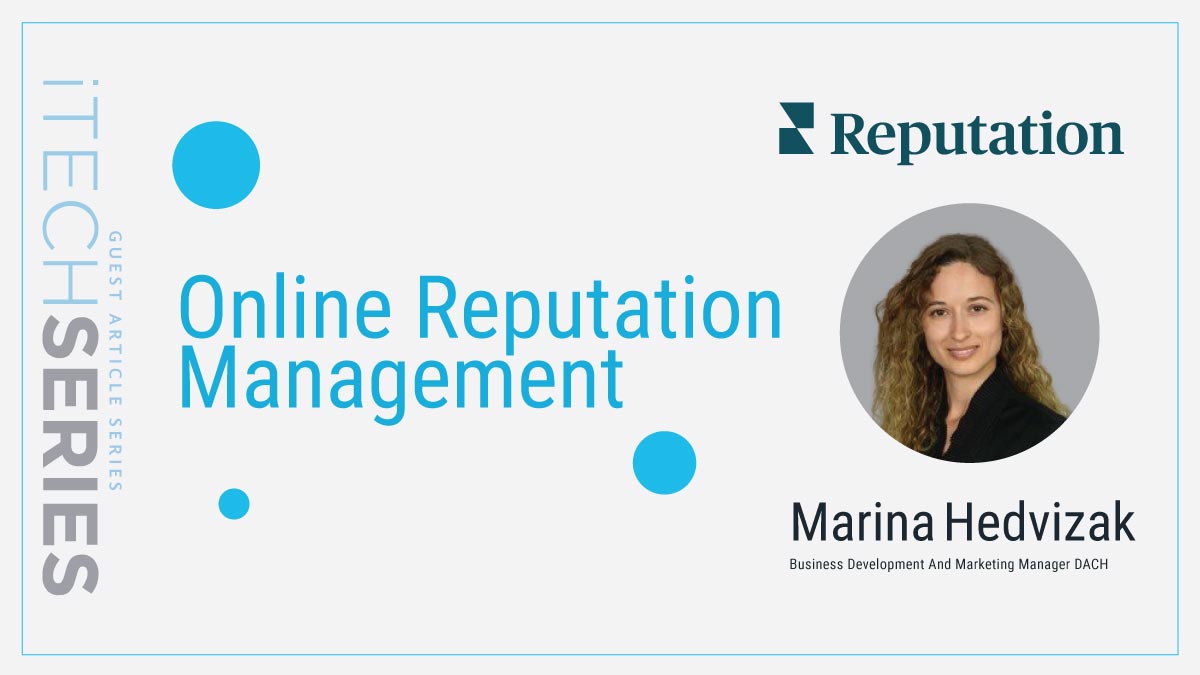In the digital age, an organization’s reputation can make or break its success. With people reading and writing opinions online and also doing all kinds of research on the internet, managing your brand’s online image has become more critical than ever. And it’s not your company that decides how this reputation will be, but those very consumers. All you can do is understand what those customers want and improve your products and services to match it—and thus influence brand perception. So how do you ensure your brand’s message aligns with what consumers think and say? Let’s explore tactical online reputation management (ORM) strategies that every marketer should know to stay ahead in the game.
Understanding the Growing Importance of ORM
Have you ever wondered why online reputation management is gaining so much attention? The answer is simple—because it works. The key? Feedback. In today’s connected world, organisations can receive more access to consumers’ thoughts than ever. Collecting and evaluating feedback (from surveys, review sites, social media, etc.) is the backbone of organisational growth and improvement. It provides invaluable insights into how consumers view your brand and, ultimately, what you can do to enhance their experience. According to a recent survey, 93% of consumers read online reviews before making a purchase decision. Consistent monitoring and response to feedback allow brands to address issues promptly and build trust.
Bridging the Gap Between Brand Message and Consumer Perception
While companies put significant effort into crafting their brand message, the real challenge lies in ensuring that this message resonates with consumers. Often, there is a gap between what companies communicate and how consumers perceive the products, services, and communication at the different touchpoints. The only way to bridge this gap is by actively listening to what consumers have to say. By leveraging online reputation management tools, brands can gather consumer insights and adjust their offering and messaging accordingly. Remember, a brand that listens is a brand that thrives.
Channels to Monitor for Effective ORM
In the vast digital landscape, numerous channels require constant monitoring. From social media platforms like Facebook, Instagram, and X (Twitter) to review sites like Yelp and Google Reviews, the sheer number of channels can be overwhelming, especially for companies with multiple locations. Thankfully, there are software solutions that can assist in this process. While the focus here is not on selling these tools, it’s worth mentioning that they can significantly streamline the ORM process by consolidating data from various sources into a single dashboard.
The Role of AI in Online Reputation Management
Artificial Intelligence (AI) has revolutionised many industries, and ORM is no exception. With the ability to manage large volumes of data and extract meaningful insights, AI plays a crucial role in modern reputation management strategies. AI-powered tools can analyse customer feedback, identify recurring themes, and even predict potential reputational risks. By providing actionable recommendations, these tools empower marketers to make informed decisions swiftly. For instance, AI can help prioritise customer complaints based on their potential impact, allowing brands to address the most critical issues first.
Key Performance Indicators (KPIs) for ORM
To effectively measure the success of your ORM efforts, it’s essential to incorporate specific KPIs into your business review process. Here are some critical KPIs to consider:
- Review Volume: The number of reviews your brand receives over a specific period. The more feedback you get, the more you learn. More reviews also mean that the people who are neither super happy nor super unhappy—so they’re “just happy”—are reflected and can significantly increase your online image.
- Review Sentiment: The overall tone of the reviews, whether positive, negative, or neutral, provides valuable insights into customer satisfaction and highlights common themes and concerns. These reviews can help identify areas for improvement and celebrate successes.
- Response Rate: How quickly and effectively your team responds to customer feedback can significantly impact customer satisfaction and loyalty. Timely and thoughtful responses show customers that their opinions are valued and can lead to improvements in your products or services.
- Customer Satisfaction Score (CSAT): A measure of customer satisfaction based on their interactions with your brand. This one you can gather by proactively asking your customers through surveys.
- Net Promoter Score (NPS): Indicates how likely customers are to recommend your brand to others. It doesn’t go deep but it’s a great way to understand momentary customer perception.
By tracking these KPIs, you can gain valuable insights into your brand’s online reputation and identify areas for improvement. Of course, there are more but those are a solid start for your ORM.
Turning KPIs into Actionable Insights
Once you’ve identified the key KPIs, the next step is to turn these metrics into actionable insights. Here’s how:
- Analyse Trends: Look for patterns in the data to identify recurring issues or areas where your brand excels.
- Engage with Customers: Respond to feedback, both positive and negative, to show customers that you value their opinions. Ask for more details (preferably offline, especially if it’s a critical issue).
- Implement Improvements: Use customer feedback to make necessary changes to your products, services, or processes.
- Communicate Changes: Inform customers about the improvements you’ve made based on their feedback to build trust and transparency.
By taking a proactive approach to ORM, you can enhance customer satisfaction and foster a positive brand image.
Conclusion
Online reputation management is a vital component of any successful marketing strategy. By understanding the importance of feedback, bridging the gap between brand message and consumer perception, monitoring key channels, leveraging AI, and tracking essential KPIs, marketers can effectively manage their brand’s online reputation. Remember, a proactive approach to ORM not only helps in mitigating risks but also builds a loyal customer base. Are you ready to take your online reputation management to the next level? Start by implementing these tactics today and watch your brand thrive in the digital landscape.








